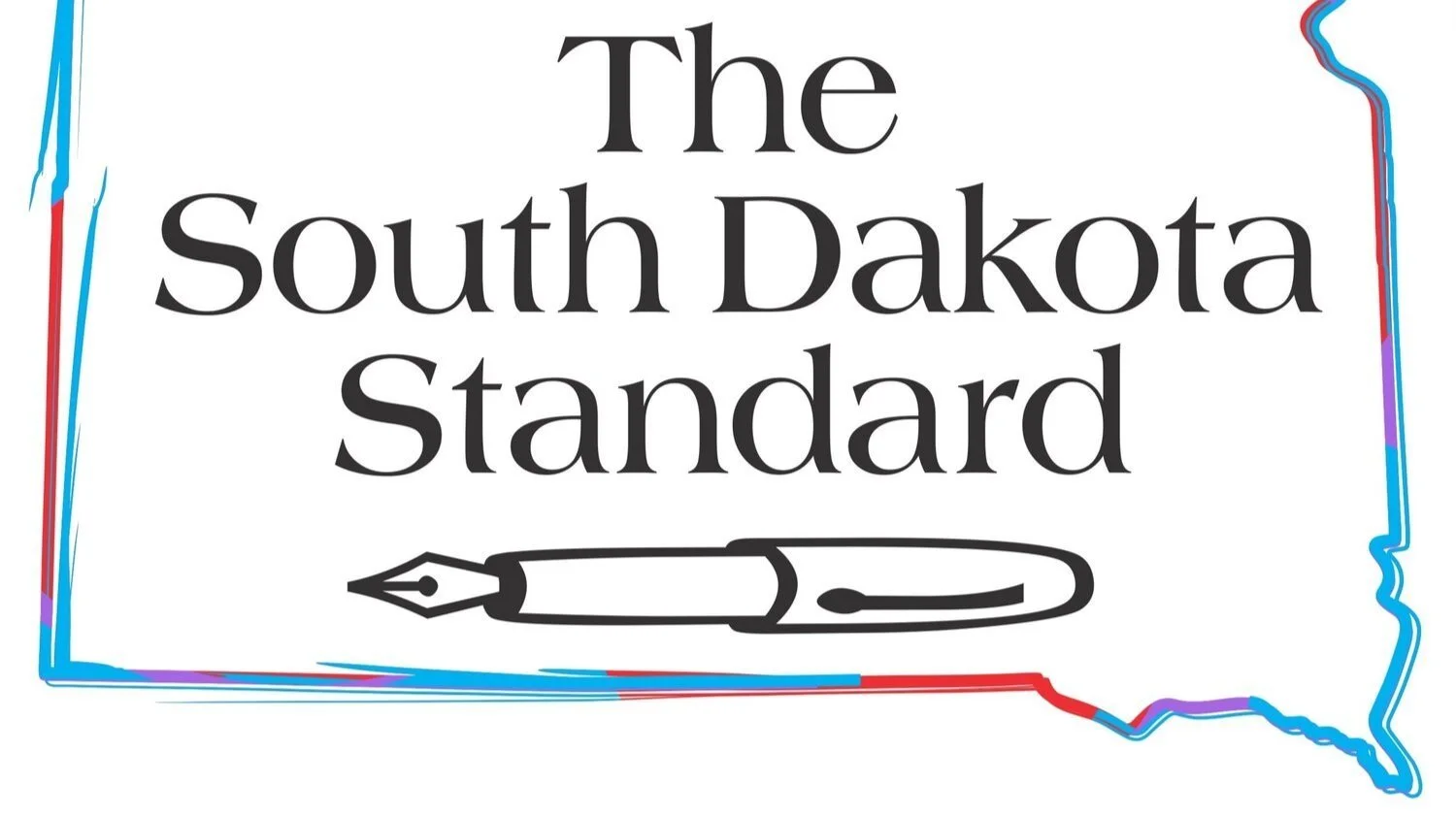State Rep. Muckey: Despite Trump’s initiatives, South Dakota is worth fighting for. We must not give up
In South Dakota, we roll up our sleeves and get to work. We build businesses to solve problems. We raise families by balancing our budgets. We hold our communities together through service — whether in a volunteer fire department or on a local EMS crew.
But there are things we can’t do alone: keep hospitals open without Medicaid, fund mental health care without federal support, or care for our most vulnerable neighbors without partnership.
Today, that partnership is under threat.
Through initiatives like President Trump’s “One Big Beautiful Bill” and the so-called Department of Government Efficiency (DOGE), powerful unelected officials like Project 2025 architect Russell Vought are advancing a national strategy to gut the very systems rural states like South Dakota depend on. Their goal isn’t to make government more efficient — it’s to make government irrelevant for everyday people.
Let’s be clear: these cuts don’t trim fat. They cut to the bone.
Health care: A target on our backs
In 2022, South Dakotans expanded Medicaid through a constitutional amendment. Today, nearly 150,000 people — children, pregnant women, elderly nursing home residents, and working adults — depend on it. So do our rural hospitals.
President Trump’s bill proposes:
New work requirements that would eliminate coverage for South Dakotans in seasonal work, higher education or caregiving roles.
Increased red tape that makes it harder for people to stay covered.
Restrictions on state funding tools, triggering further Medicare cuts.
Nearly one in four rural hospitals in America is at risk of closing. Cuts like these will push more South Dakota communities into crisis. Seniors will lose long-term care. People will delay care until it’s too late. That’s not reform — it’s abandonment.
Schools and food security: Kids pay the price
Over $433 million in South Dakota K–12 education funding comes from federal dollars. That money helps low-income students, funds services for kids with disabilities, supports school meals, and pays for counselors and transportation.
The “beautiful bill” slashes much of that funding. It also eliminates USDA programs that helped 55 South Dakota farms deliver fresh food to schools and food pantries. No notice. No replacement. Just gone.
It even changes SNAP rules, reducing support for parent caregivers and pushing $20 million in costs to the state. That means fewer meals for kids and fewer resources for families already struggling to get by.
Libraries, public media and rural broadband: Silencing communities
In many rural areas, the library is the only warm place with internet for miles. The bill proposes eliminating $1.3 million in federal library funding and $2.2 million for South Dakota Public Broadcasting — our state’s only locally governed, nonpartisan media outlet.
They’re also cutting $5 million from rural broadband programs — simply because the word “equity” appears in the program name.
These aren’t just budget cuts. They’re acts of erasure.
Small businesses: Left on their own
South Dakotans take pride in building businesses from the ground up. But funding freezes and reductions to the Small Business Administration (SBA) and Women’s Business Centers threaten the very institutions that help local entrepreneurs succeed.
Under this plan, Washington eliminates 15 entrepreneurial development programs, cutting $167 million in support nationwide. That includes two Women’s Business Centers serving South Dakota.
Meanwhile, tax breaks for the ultra-wealthy remain untouched. If that’s fiscal responsibility, Main Street never got the memo.
This Is a manufactured crisis
Russell Vought and his allies are not trying to make government better. They’re trying to make it disappear for working families while handing more power and wealth to a select few.
This plan reduces annual income by $1,500 for families earning under $22,000, while boosting income by over $100,000 for those making more than $5 million. And it adds $2.4 trillion to the deficit.
That’s not conservative policy. It’s a reverse wealth transfer — paid for by our schools, our hospitals, and our futures.
We still have a choice
This is not about left or right. It’s about whether people in Mobridge, Rosebud, or Wessington Springs get to live full lives, raise families, and grow businesses in the communities they love.
If you care about your town, your kids’ school, or your hospital staying open, now is the time to speak up. Contact Sens. Thune and Rounds and Rep. Johnson. Ask who they’re really fighting for.
South Dakota is worth fighting for. Every town. Every family. Every child.
Let’s stop these cuts before it’s too late — and build something better in their place.
Erik Muckey of Sioux Falls is a first-term Democratic state representative from District 15. He serves on the Joint Appropriations Committee.
Photo: public domain, wikimedia commons
The South Dakota Standard is offered freely and is supported by our readers. We have no political or commercial sponsorship. If you'd like to help us continue our mission to advance independent political and social commentary, you can do so by clicking on the "Donate" button that's on the sidebar to your right.







